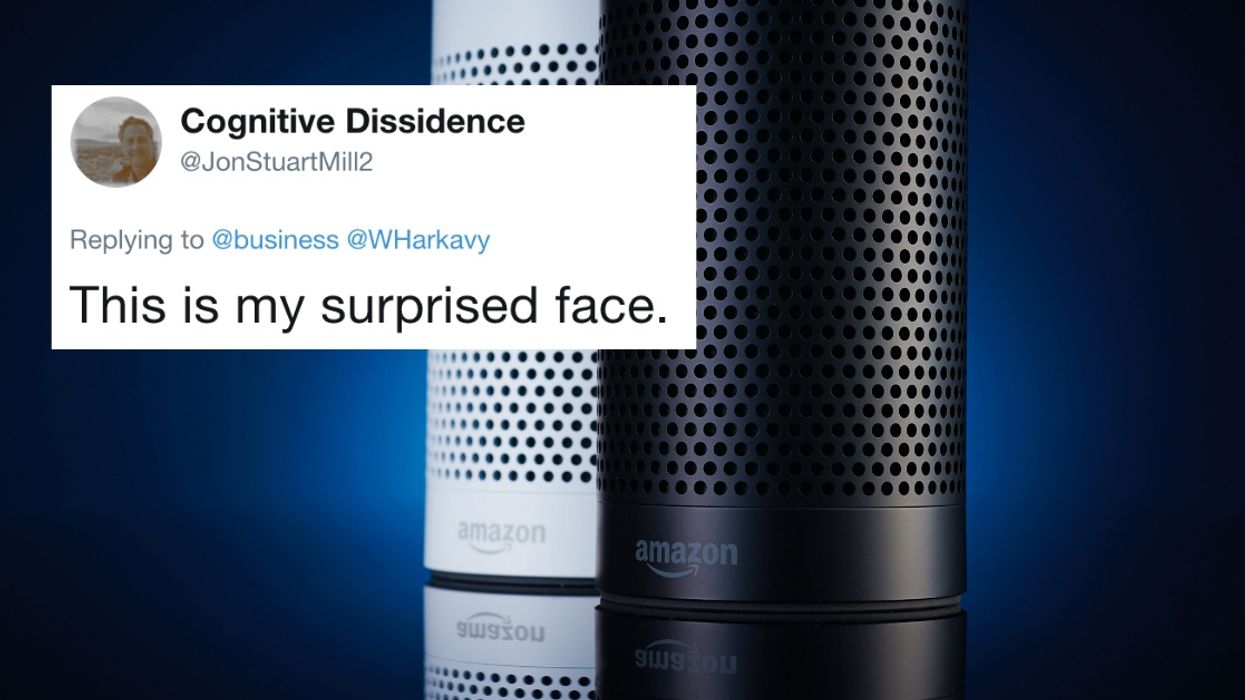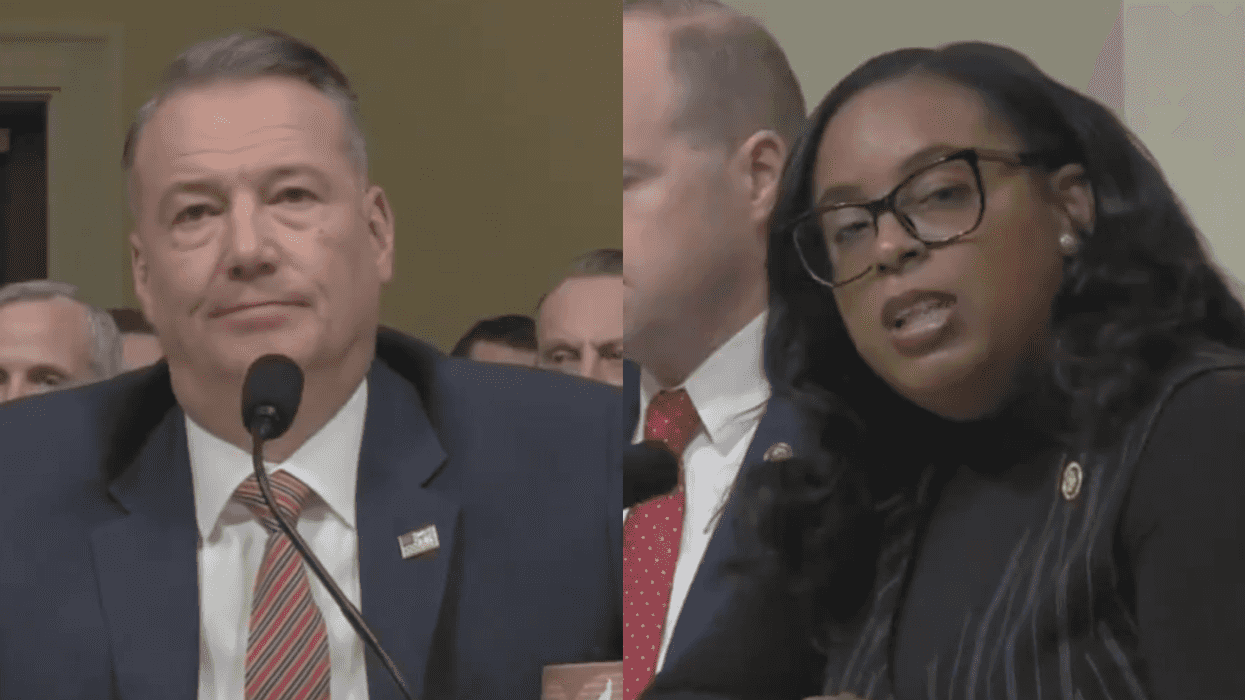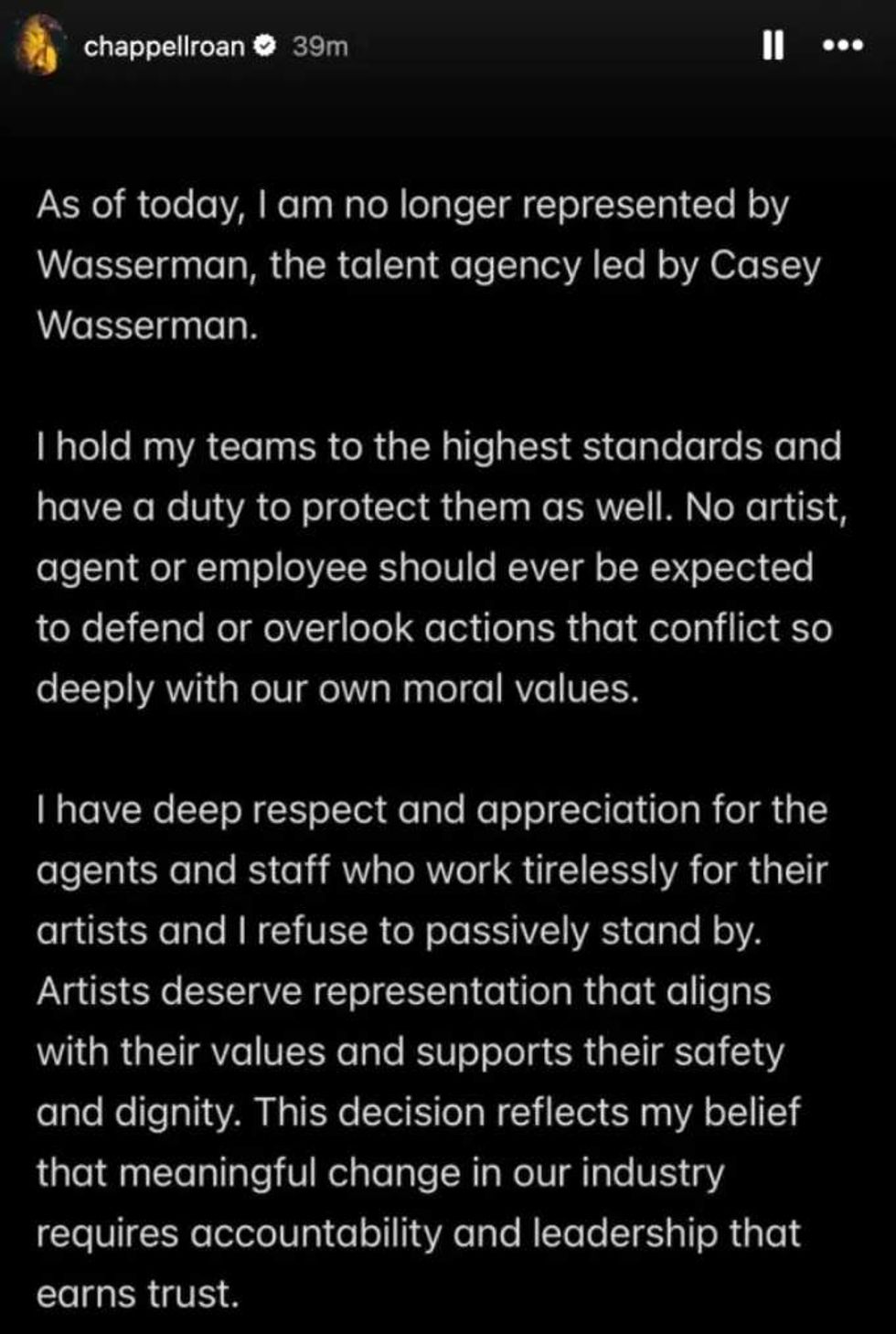Many Amazon Echo users' worst fear was confirmed on Wednesday, April 10.
Seven former Amazon employees revealed that thousands of full time employees listen to hours upon hours of unknowingly recorded clips, and even share amongst each other the ones they find most amusing.
Since it's arrived in our homes, the Amazon Echo and its AI system Alexa have been cause for concern over violations of privacy. Amazon has maintained (and still maintains) that Alexa does not record all conversations of its user and only "perks up" once it hears its wake word.
It's also been common knowledge for some time that human employees review commands made to Alexa to help teach the AI how to understand language and improve its voice interface.
Google and Apple both utilize similar techniques with their voice-responsive AI's.
However, all three companies have always claimed the recordings listened to by humans are "completely anonymous and are not paired with customers' accounts."
However, the seven former employees of Amazon, who worked in the company's voice review program, made a startling revelation to Bloomberg:
they claim that recordings made by Alexa ARE linked to the "customer's first name, their device's serial number and even their personal account number."
What's more, the full-time employees sifting through the recordings are known to share ones they find indecipherable or amusing with each other through an internal chat room.
The former employees reported that Alexa had recorded (and they had reviewed) intimate moments like a woman singing in the shower, a child screaming and "a sexual assault taking place."
Social media users were understandably unhappy about the revelation.
Others were less than surprised.
And some people had totally different problems to worry about.
Amazon confirmed the facts put forward by the former employees, but also insisted that humans review "an extremely small sample of Alexa voice recordings."
The mega-company also attempted to comfort users by reminding them that human review of voice recording "helps us train our speech recognition and natural language understanding systems, so Alexa can better understand your requests, and ensure the service works well for everyone."
"...all information is treated with high confidentiality...[using] multi-factor authentication to restrict access, service encryption, and audits of our control environment to protect it."
Amazon and users' battle for privacy is likely to continue for many years to come.
Hopefully, we can reach a balance which satisfies Echo users' need for both convenient technology and a private life.








 @realDonaldTrump/Truth Social
@realDonaldTrump/Truth Social






 @chappellroan/Instagram
@chappellroan/Instagram r/Fauxmoi/Reddit
r/Fauxmoi/Reddit r/Fauxmoi/Reddit
r/Fauxmoi/Reddit r/Fauxmoi/Reddit
r/Fauxmoi/Reddit r/Fauxmoi/Reddit
r/Fauxmoi/Reddit r/Fauxmoi/Reddit
r/Fauxmoi/Reddit r/Fauxmoi/Reddit
r/Fauxmoi/Reddit r/Fauxmoi/Reddit
r/Fauxmoi/Reddit r/Fauxmoi/Reddit
r/Fauxmoi/Reddit r/Fauxmoi/Reddit
r/Fauxmoi/Reddit r/Fauxmoi/Reddit
r/Fauxmoi/Reddit r/Fauxmoi/Reddit
r/Fauxmoi/Reddit r/Fauxmoi/Reddit
r/Fauxmoi/Reddit r/Fauxmoi/Reddit
r/Fauxmoi/Reddit r/Fauxmoi/Reddit
r/Fauxmoi/Reddit @ANASKHA96399553/X
@ANASKHA96399553/X r/Fauxmoi/Reddit
r/Fauxmoi/Reddit r/Fauxmoi/Reddit
r/Fauxmoi/Reddit r/Fauxmoi/Reddit
r/Fauxmoi/Reddit
 @odinikaeze/X
@odinikaeze/X @OneSixtyToOne/X
@OneSixtyToOne/X @Dazz222/X
@Dazz222/X